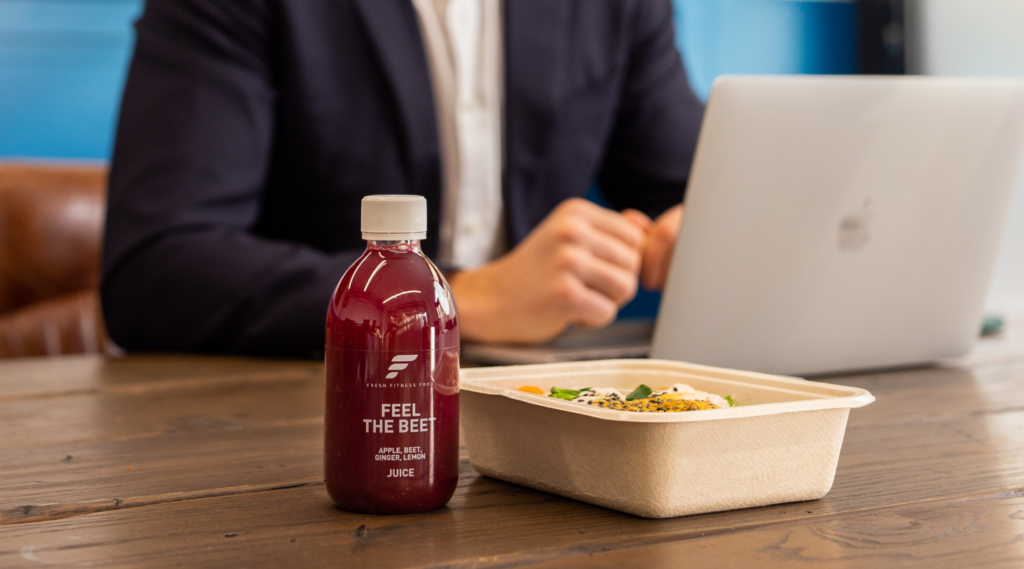Practical Tips for Stress Reduction: Busting Myths for Office Workers

In today’s fast-paced work environment, stress has become an all-too-common companion for many office workers. Juggling deadlines, meetings, and endless tasks can quickly take its toll on mental and physical well-being. However, amidst the chaos, there are practical strategies that can help alleviate stress and promote a healthier work-life balance. Some may seem obvious, but make a world of difference once put into effect.
Myth #1: More Hours Equals More Productivity
One of the most pervasive myths in the corporate world is the belief that working longer hours equates to greater productivity. However, research consistently shows that prolonged periods of work without adequate breaks can lead to decreased efficiency and increased stress levels. Instead of fixating on the number of hours worked, focus on maximising productivity during designated work hours. Set clear boundaries and prioritise tasks to make the most of your time.
Practical Tip: Implement the Pomodoro Technique
The Pomodoro Technique is a time management method that involves breaking work into intervals, typically 25 minutes long, separated by short breaks. After four intervals, take a longer break. This approach helps maintain focus and prevents burnout by allowing for regular rest periods.
Myth #2: Multitasking Boosts Efficiency
Contrary to popular belief, multitasking is not a recipe for productivity. Attempting to juggle multiple tasks simultaneously can lead to decreased concentration and increased stress (noticing a pattern here?). Our brains are not wired to handle multiple complex tasks at once effectively. Instead, multitasking often results in increased stress, errors, and delays in completing tasks.
Practical Tip: Practice Single-Tasking
Single-tasking – the art of focusing on one task at a time – giving it your full attention until completion before moving on to the next task. This approach not only improves efficiency but also reduces stress by minimising cognitive overload. Utilise tools like to-do lists or project management software to organise tasks and stay on track. This can also work hand-in-hand with The Pomodoro Technique – you could work on different tasks in each 25-minute block.
Myth #3: Avoiding Breaks Saves Time
Many workers fall into the trap of believing that skipping breaks will help them get more done. However, neglecting breaks can have detrimental effects on both mental and physical health. Continuous periods of work without rest can lead to fatigue, decreased motivation, and diminished creativity. Your posture may also be compromised, as you are not allowing your body time to stretch out.
Practical Tip: Take Regular Breaks
Schedule short breaks throughout the day to recharge and refresh your mind. Step away from your desk, go for a walk, practice deep breathing exercises, or engage in a brief mindfulness practice. These micro-breaks can help alleviate stress and improve focus, ultimately boosting productivity in the long run. At the very least, make sure you’re having your lunch away from your desk – a non-negotiable 30-60 minutes to take your mind off work and come back to it after your break refreshed and ready to refocus.
Myth #4: Stress is Inevitable in the Workplace
While some level of stress is unavoidable in any job, it’s essential to recognise that chronic stress is not a normal or necessary part of the workplace. Sure, you may go through periods where a particular project is stressful, or the business itself may be under stress of some sort, but it should not present as a permanent feature of your job with no end in sight. Employers have a responsibility to create a supportive work environment that prioritises employee well-being.
Practical Tip: Advocate for Work-Life Balance
Communicate openly with your employer about your workload and stress levels. Discuss strategies for achieving better work-life balance, such as flexible work arrangements, remote work options, or wellness initiatives. Additionally, prioritise self-care outside of work by engaging in activities you enjoy and spending time with loved ones. Avoid ‘destressing’ at the weekends with alcohol or other substances in stressful periods – this will only disrupt your sleep and increase the stress your body is under, worsening how you feel in the work week.
Reducing stress in the workplace requires a combination of practical strategies and a shift in mindset – which can be easier said than done, but will cultivate a healthier and more productive work environment. Remember, prioritising self-care is not only beneficial for individual well-being but also essential for long-term success in the professional realm.
As part of this year’s Stress Awareness Month, Fresh Fitness Food is hosting 4 breathwork and light stretching sessions. These will be run throughout the month by run by our talented affiliates and ambassadors. The sessions are designed for you to complete them at your desk, sitting down. You can access the sessions on the day on our Instagram and we will go live! Get involved!
- Rethinking Happy Hour: The Science Behind Alcohol and Health - January 23, 2025
- The Truth About Carbs: Breaking Down the Science Behind This Vital Nutrient - January 15, 2025
- Detoxing vs. Nourishing: The Science of Post-Holiday Resets - January 3, 2025